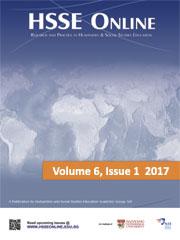Teaching Place, “Placing” the Learner: Understanding the Geographies of Place
Evangeline O. Katigbak (National Institute of Education (Singapore)) Keywords Geography Social Studies Identity Diversity Multicultural Education Singapore Introduction Place is a core concept in geography. Geographers

